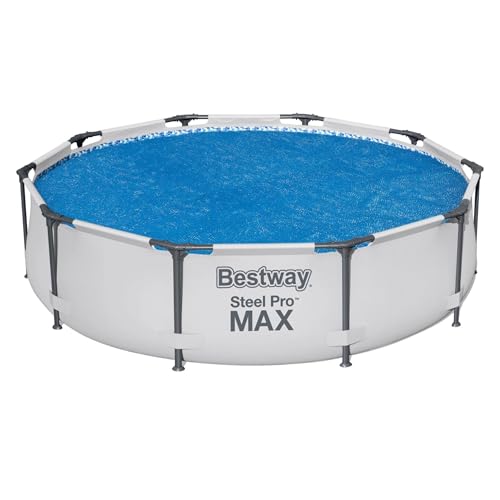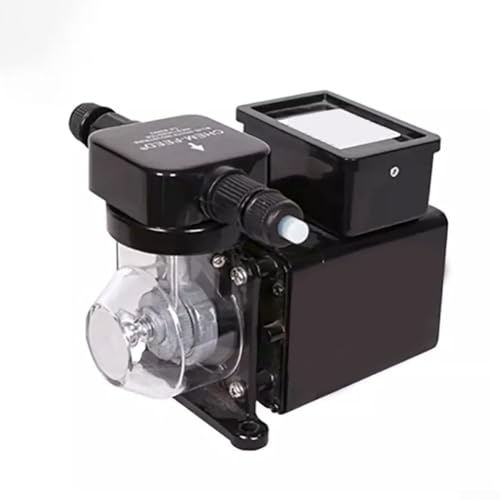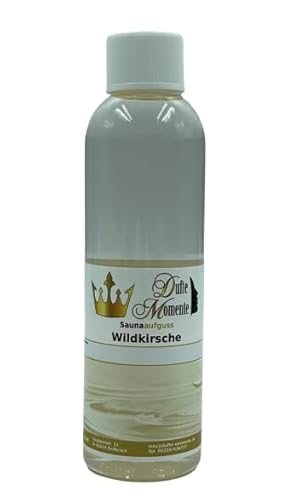Understanding Solar Pool Covers: What Are They and How Do They Work?
What is a Solar Pool Cover?
A solar pool cover is a blanket-like material designed specifically to retain heat in your swimming pool while also preventing debris from falling in. Imagine it as a sort of thermal blanket that sits on the water’s surface, capturing heat from the sun and reducing overall evaporation, keeping your pool warmer longer.
How Do They Function?
When you apply a solar pool cover, the sun’s rays heat the water beneath it. As this happens, the cover diminishes heat loss that typically occurs through evaporation. It’s particularly effective during cooler nights and breezy days where water temperature can plummet. By keeping the pool covered when not in use, you can extend your swimming season, ensuring the water remains at a pleasant temperature.
The Benefits of Using a Solar Pool Cover: Save Energy and Enhance Your Pool Experience
Energy Saving Potential
By using a solar pool cover, you save energy that would otherwise be spent on heating your pool. This means that you not only save on electricity or heating costs but also contribute to a more eco-friendly lifestyle by reducing your carbon footprint.
Enhanced Comfort and Cleanliness
Imagine stepping into a warm pool on a cool evening. A solar cover allows you to enjoy your pool more often by maintaining a comfortable swimming temperature. Moreover, the cover keeps leaves, dirt, and other debris out, reducing your cleaning efforts and allowing you to focus more on enjoying your pool.
Choosing the Right Solar Pool Cover: Size, Thickness, and Material Explained
Finding the Right Size
When selecting a solar pool cover, it’s crucial to measure your pool accurately. A cover that’s too small won’t perform effectively, and a cover that’s too large can be cumbersome. Ensure to account for any unique shapes or features of your pool to ensure a snug fit that maximises efficiency.
Thickness Matters
Different solar pool covers come in varying thicknesses. A thicker cover will generally provide more insulation and durability, making it suitable for colder climates where heat retention is paramount. On the other hand, a thinner cover is lightweight and easier to handle, which can be ideal for warmer climates where heat retention isn’t as big a concern.
Material Choices
Solar pool covers are commonly made from durable plastic materials such as polyethylene. Each type has its specific features; for instance, a clear cover allows sunlight to penetrate while also retaining heat. If you prioritise keeping debris out, consider opting for a solid blue or opaque version.
How to Properly Use and Maintain Your Solar Pool Cover for Longevity
Using Your Cover Effectively
To get the most out of your solar pool cover, remember to cover your pool when it’s not in use, especially at night and during cooler evenings. This simple act ensures maximum heat retention and reduces the need for additional heating.
Cleaning and Maintenance Tips
Regular maintenance will prolong your solar cover’s life. Rinse it occasionally to remove dirt and debris, and ensure it is stored properly during the winter months—away from sunlight to prevent material degradation. Inspect for any tears or damage and address them promptly to maintain efficiency.
Our Top Picks: Recommended Solar Pool Covers for Every Budget and Pool Size
Affordable Options
For those on a tighter budget, we recommend looking at basic solar covers that still offer decent heat retention. Often, these covers may lack some of the advanced features but can still effectively warm your pool.
Best Value Choices
Mid-range options typically offer a balance of durability and efficiency. Many come with builder-friendly features such as UV protection and improved heat retention properties. These covers represent great value without requiring a significant financial investment.
Premium Selections
If you are looking for the best performance and longevity, premium solar pool covers are engineered with advanced materials and designs. These may come with warranties and are designed to last longer, providing substantial cost savings in energy bills over time.



















